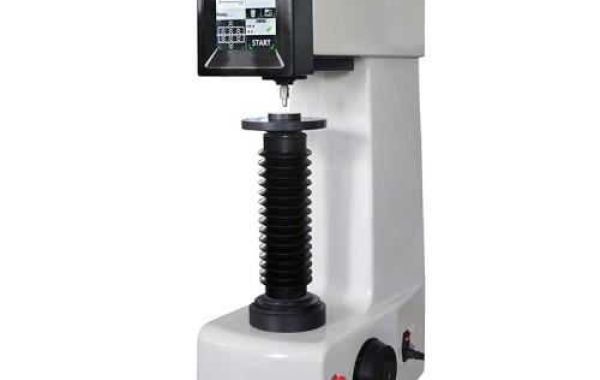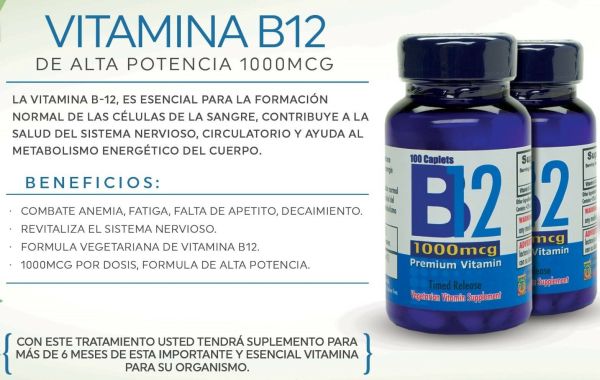Benefits
- Fast and easy to use: The Rockwell Hardness Test is ideal for quality control and production settings because it is an extremely quick and easy procedure.
- Wide range of applications: The Rockwell Hardness Tester is capable of testing a broad variety of materials, such as ferrous and non-ferrous metals, plastics, and some types of ceramics.
- High accuracy: Especially for materials with a Rockwell Hardness Number (HR) ranging from 20 to 100, the accuracy of the Rockwell Hardness Test is widely recognized.
- Relatively inexpensive:When it comes to hardness testing methods, Knoop or Vickers are more expensive than Rockwell Hardness Testers.
- Portable options available: Testing in both field and laboratory settings is made convenient by a variety of portable models.
- Durable and reliable: Rockwell Hardness The majority of testers are made to be robust and dependable, requiring little maintenance.
- Standardized testing method: The Rockwell Hardness Test guarantees accurate and consistent results because it is standardized by ASTM and ISO.
Drawbacks
- Limited to harder materials: The Rockwell Hardness Test should not be used to test materials that are exceptionally soft or extremely hard. The indenter may cause damage to soft materials, but it may break or distort very hard materials.
- Destructive test: It might not be ideal for some applications for the test specimen to be permanently indented by the Rockwell Hardness Test.
- Not suitable for curved surfaces: The indenter cannot make full contact on curved surfaces, which results in inaccurate readings.
- Limited depth of penetration: The applicability of the Rockwell Hardness Tester for thick or layered materials may be hindered by its limited indentation size.
- Operator dependence: Despite the Rockwell Hardness Test's relative simplicity, operator technique can affect its accuracy. It is crucial to have the right training and experience.
- Requires calibration: As with any measurement tool, regular calibration is necessary for Rockwell Hardness Testers to ensure accurate results.
Conclusion
The Rockwell Hardness Tester is a priceless tool for figuring out how hard a range of materials are. It can be used in a range of settings due to its advantages, which include accuracy, speed, and ease of use. Nevertheless, consideration should be given to the testing method's limitations for material compatibility, destructiveness, and suitability for specific surface geometries.








